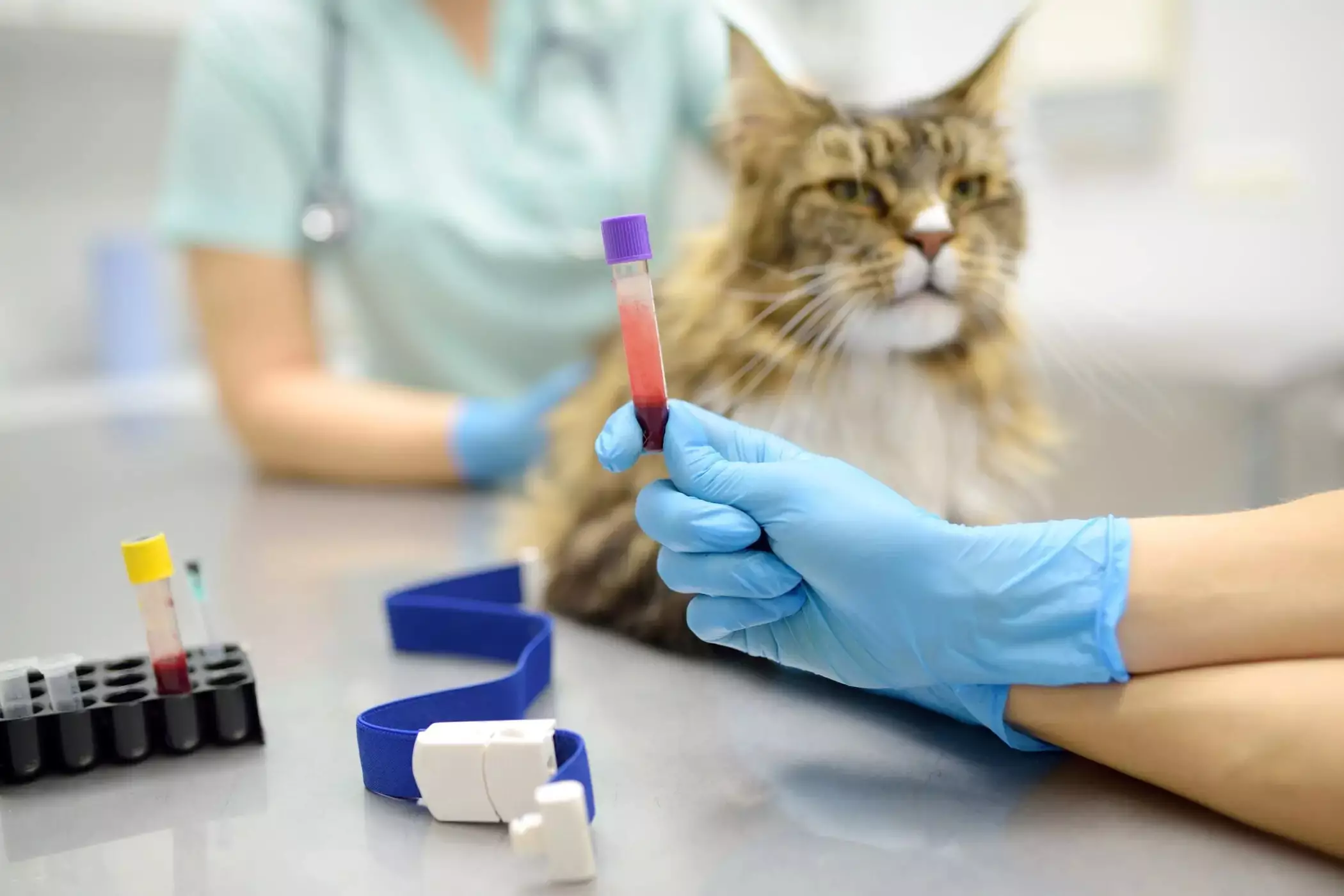As devoted pet parents, we often find ourselves in tune with our feline friends, noting their moods, behaviors, and daily habits. However, there may be moments when our beloved cats exhibit unusual signs that prompt concern. Is that unexpected howl at midnight a cry for help, or simply a call for attention? Why has Fluffy suddenly turned from a playful bundle of energy into a weary couch potato? Addressing these questions is crucial for any responsible cat owner, as our pets rely on us to notice their health fluctuations. This article aims to guide you through the nuances of feline health, empowering you to recognize potential crises and take appropriate action.
Cats are creatures of habit; therefore, any sudden alterations in behavior can signal an underlying health issue. If your normally playful cat suddenly retreats into isolation or exhibits a lack of interest in activities they once loved, it’s time to pay attention. In some instances, behavioral shifts may be accompanied by other indicators like decreased appetite, altered drinking habits, or unusual litter box activity. For example, if your cat stops using the litter box altogether or compulsively overgrooms, these signs may point to stress, anxiety, or medical conditions requiring veterinary intervention.
Furthermore, hydration is often overlooked in feline health discussions. Cats tend to drink insufficient water, making them susceptible to dehydration, especially during warmer months. Taking note of changes in water intake—like if they show little interest in drinking or exhibit signs of dehydration (sunken eyes, lethargy)—should motivate you to consult a vet immediately.
Every cat experiences the occasional off day, but there are specific symptoms that shouldn’t be dismissed lightly. If your cat vomits frequently—or if the vomit appears bloody or resembles coffee grounds—it is critical to seek veterinary care. Additionally, a cat that experiences diarrhea lasting beyond 24 hours, especially when accompanied by blood or mucus, also requires prompt evaluation.
Notably, various day-to-day activities can provide insights into your cat’s health. Pay close attention to their grooming routines. Excessive grooming or neglecting to groom can indicate either discomfort or stress. Be vigilant about their dental health too; if you notice red gums, bad breath, or difficulty eating, these could signify periodontal diseases, which need immediate attention.
Cats may appear graceful and self-sufficient, but their natural curiosity can expose them to various dangers around the house. Certain household items are potentially harmful, and awareness can save your feline friend from illness or injury. For instance, common over-the-counter human medications can be toxic to cats and must be stored securely away from their reach. Essential oils, while aromatic and pleasant for humans, can have dire consequences for cats if ingested or absorbed through their skin.
Additionally, any products designed to rid our homes of pests—like insecticides and rodenticides—pose a risk to our pets. Even delicious-looking treats, like chocolate, are hazardous due to compounds harmful to felines. Knowledge of these dangers enhances our ability to provide a safe living environment for our curious kitties.
Although cats are generally capable of self-regulation, extreme temperatures pose risks that owners must understand. In hot weather, signs of heatstroke—such as excessive panting, weakness, or lethargy—can develop quickly and require immediate action. If you suspect your cat is overheated, relocating them to a cooler area and supplying fresh water can alleviate discomfort. Mastering these measures empowers you to act swiftly when the need arises.
On the other hand, exposure to cold can lead to hypothermia. Cats, especially young or elderly ones, can become vulnerable in frigid conditions. Recognizing symptoms like shivering, cold extremities, or shallow breathing can be lifesaving. If your cat falls prey to extreme cold, moving them to a warm place, covering them with a blanket, and using a heating pad can be effective strategies to restore their body heat.
While knowledge is an essential tool, the most influential factor in your cat’s health is your instinct as a pet owner. If you notice anything out of the ordinary with your feline friend, trust your intuition and seek a veterinarian’s guidance. Building a relationship with a trusted vet not only offers reassurance but also enhances your understanding of your cat’s unique health needs.
Ultimately, awareness, vigilance, and prompt action are fundamental to ensuring that your cat lives a happy, healthy life in your care. Empower yourself with the knowledge provided in this guide, and feel confident in your ability to advocate for your furry family member’s well-being. By staying observant and proactive, you foster a nurturing environment where your cat can thrive.


Leave a Reply